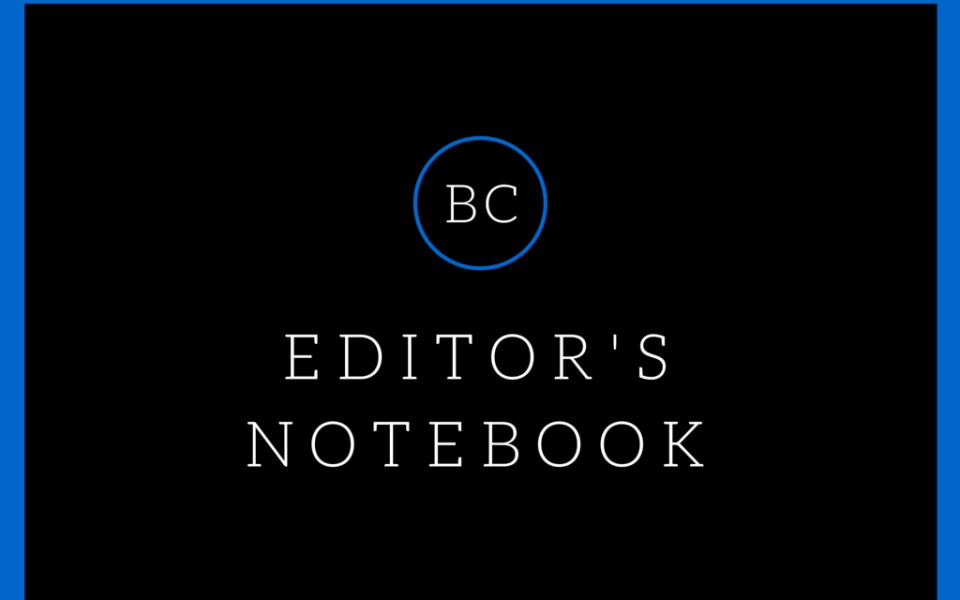It’s the night before the election. I’m drinking some coffee and filing some last-minute writing before tomorrow, when I’ll eventually hit the streets with my notebook and see this thing through to the end — or, at least, as long as our late-night deadline allows.
Best-case scenario: I get what I need by 11 p.m. and turn my piece around as fast as I can type it. Worst case… I don’t want to talk about it, but rest assured I have a plan.
But before I wade into the thick of it, I still have to vote.
I just pulled my sample ballot from the Guilford elections website, something that took me about eight seconds because of my familiarity with the site, and went through my choices. Then I spent a half hour or so researching the candidates at triad-city-beat.com, where I found straight reporting about every single race on my ticket.
Because of my job, I’m pretty familiar with the candidates at the top of the bill, but even I get pretty murky when it comes to school board races and the more obscure judicial seats. Now I’m all squared away and ready to go.
This is a fundamental function of journalism, and yet so many of my friends and relatives outside the business seem to have trouble deciphering real information from speculative spin.
It’s important to me where I get my information, particularly as it concerns this election, which has created the largest, steamiest, most rancid pile of BS I have ever seen in my entire life: false claims from candidates, false poll results, false stories from bogus news sources which are then force-fed through social media, given equal time with actual news and, among some of the more zealous, even more of the heft.
There has been some spectacular reporting this election cycle from small publications like ours all the way up to the New York Times and Washington Post, but it seems that facts have never mattered less.
This is how far afield we’ve gone when it comes to faith in reporting: A couple months ago I found myself in a social-media flamewar with a guy who didn’t trust the results of the US Census, let alone the New York Times.
But the facts will always matter, even to people who say they don’t, because at some point, reality will always rear its head.
Join the First Amendment Society, a membership that goes directly to funding TCB‘s newsroom.
We believe that reporting can save the world.
The TCB First Amendment Society recognizes the vital role of a free, unfettered press with a bundling of local experiences designed to build community, and unique engagements with our newsroom that will help you understand, and shape, local journalism’s critical role in uplifting the people in our cities.
All revenue goes directly into the newsroom as reporters’ salaries and freelance commissions.


Leave a Reply